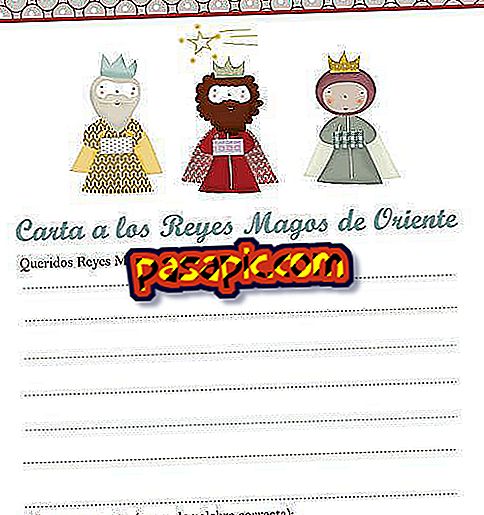How to write a good story

Diego needed to write a story, but he did not know what to write! He desperately visited the village sage, a ragged sorcerer who told him:
- "Do not worry, all people have a story to tell"
- "But I do not have it!" Diego answered. With fury the old wise man threw a kind of ball on the ground and BOOOOM !. The room was full of smoke, you could hardly breathe. Diego was confused, fear did not let him move. Desperate gesticulating with his hands to drive away the smoke and managed to see the silhouette of the old wise man who had something in his hands. - "This is my Notebook, let's search Google". This is how Diego found this article in .com and understood that the sorcerer was right, all people have a story to tell. Only good advice is needed to free the imprisoned writer in our interior, and know the factors that can inspire and invent a good story .
Ideas to start inventing
Choose the ideas of your stories based on what you know. Starting from something you know is easier then follow the branch and the details of it. Pain, love, joy, fear, ways to overcome obstacles. These are all universal human experiences that are at the heart of great stories. If you are familiar with the subject of history, but you are not an expert, you will have to do a little research. For example, you know what surfing is and you want to write the story of a surfer, but you have never practiced it. You will have to learn about movements and techniques, and if you have the opportunity, interview a surfer about the experience. Take time to observe people and imagine what the world looks like from your point of view.
Who do you write for?
Maybe you want to write for teenagers, or for people who are familiar with a certain place. You could even write just for yourself. Having a clear audience in mind helps to frame ideas. Write down the reason you are telling the story. Make sure that is what you are going to express in the story. A clear and defined theme . Inspiration comes from everyday life. If you want to write a children's book, watch the children. Watch how they act, imagine the world through their eyes, and then write about something that fascinates them. Look at the news, maybe a good story conjures up with the real world.

Carry a notebook
On the bus, at work, anywhere good ideas come and you must be prepared to write them. Even if it does not seem to make sense at the moment, it can magically turn into a good story. At the beginning of the story, explain what the problem is, what the character wants or wants, which is what worries him. Or you can start by promising something good to the reader, which will come later. In the middle you increase the bumps in the road and increase the challenges of the characters. Always keeping the action. Then the dark moment, where it seems that your character is lost, will fail, will not achieve its objective or will not learn the lesson. Just at that moment the biggest obstacle arrives, impossible, everything will go wrong without doubts, this story will have an unhappy ending. But in the end, the conflict is resolved. How did he do it? The character was lost. But he has achieved his goals and learned a good lesson thanks to the writer's skills.
Analysis of history
Find someone to read your story and give you their opinion. Of course you should look for a person who is totally honest. Everything is improved, it is necessary that you go beyond your creative limits, and the constructive criticism is very important in this aspect. Create the end before knowing how half will be. The end is the hardest, so face yours.
Practice from other stories
Take the script of a film and change it, finish the story in another way or change the characters this exercise is very good to exercise your inventiveness and your imagination you can also make others who have seen the film read your story and value which they like more . You can do this in the themes that you like the most and write horror or love stories or zombies as you like more.
Tips- As much as it costs you try to finish the stories you invent, do not leave them half-hearted, this will be the best learning and exercise of perseverance.
- Do not trust the first thing that comes to your mind and the second, third, fourth, fifth ... get away from the obvious and surprise yourself.


